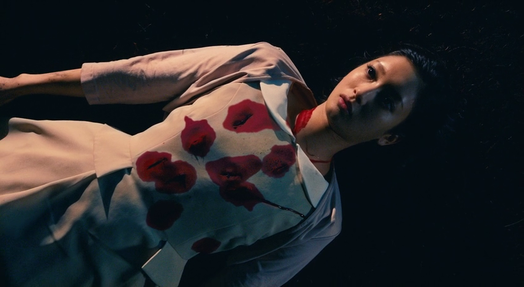 Yuji Akahoshi is a low-level employee for a popular news program. One night he receives a phone call from his old high school friend, Risako, who tells him that her co-worker was the victim in the "Snow White Murder Case'. This is the most popular case in town, the brutal death of a beautiful comestics company employee, and Yuji sees this as his potentially 'big break'. Yuji begins interviewing the workers at the company for his television show, seeking to discover the identity of the person responsible for the Snow White Murder. Yoshihiro Nakamura's The Snow White Murder Case is a dense murder mystery that plays with perspective, painting an intricate and compelling story with enough twists and turns to keep the viewer guessing until the end. This is a film that pays no attention to the actual criminal investigation, choosing instead to focus on the pulbic and media's interpretation of events, capturing the sensualization and rush to judgment that plagues our current society. Nakamura's use of social media feels a bit lazy at first but it quickly becomes an ingenius tool, effectively capturing the destructive power of social media and how quickly it creates a group think mentality. We see a woman's life almost completely destroyed by this desire to quickly judge, with simple and quite silly misunderstandings and interpretations threatening to completely destroy an innocent woman's life thanks to the quick and deft hand of public opinion. An effective and engaging mystery thriller in its own right, Yoshihiro Nakamura's The Snow White Murders is a powerful statement of the rampant rush to judge that technology has created, demonstrating the terrifying capabilities of swift and uneducated judgemental practices.
0 Comments
 Mathieu Amalric's The Blue Room is an engaging erotic thriller about Julien, a middle-aged salesman who is embroiled in a love affair with a married woman, Esther. After their latest rendezvous, Esther and Julien fantasize about being together forever, but what Julian belives to be nothing more than sweet nothings quickly escalates, with Julian finding himself in the middle of a police investigation after Esther and Julien's respective partners turn up dead. Told in an elliptical fashion, Mathieu Amalric's The Blue Room is a beguiling experience, keeping the viewer engaged yet in the dark, up until the end of the film. This is a film that sets out to capture the darker side of love and how it can transform into obsession, almost like a stripped-down version of Fincher's Gone-Girl that is more focused. Well-crafted, The Blue Room feels like an accomplished film but its simplicity hurts the film as much as it helps it. The Blue Room's story is very straighforward, missing opportunities to further explore its characters, merely satisfied in its intrigue-filled premise. While I appreciated how stripped down and focused The Blue Room is, Esther and Julien are way to simplisitically portrayed, with The Blue Room never taking the time to fully develop them. A tight, engaging thriller, The Blue Room is a film to be appreciated for its simplicity, although this simplicity derails the film from being the poignant study of two characters overtaken by their carnal desires that could have been.  Jet Leyco's Leave It For Tomorrow, For Night Has Fallen is a somber portrait of the Philippines during the days of President Marcos, a time where censorship, intimidation, and violence ruled over Asia's oldest standing democracy. Reconstructing the past based off of fuzzy childhood memories, Leyco's film is constructed the three stories: A wedding being captured by an amateur videographer that subtlely alludes to the instability in the region, a group of community rebels centered around a homosexual soldier alluding to the oppression of the individual, and a priest hidnig behind his robe as he sexually abuses his young pupil, "educating him on sexuality". Taking on a dream-like atmosphere, Leave It For Tomorrow, For Night Has Fallen is a transfixing examination of an oppressive regime, dissecting how imagination and creativity can be a byproduct of censorship. With an omnious, transfixing sense of atmosphere, Leave It For Tomorrow, For Night Has Fallen is shrouded in slience and mystery, creating a true sense of unease. Showcasing the supression of culture and censorship, Leyco even becomes his own censor at times, replacing gun shot sounds with something you would hear out of star wars, upending the immense seriousness of these stories in a way that perfectly captures the danger of such censorship. Haunting, somber, and surprisingly playful in stretches, Jet Leyco's Leave It For Tomorrow, For Night Has Fallen is a one-of--kind experience that blends memories and past experiences to create an evocative portrait of a dark time in Filipino histroy.  Nick Broomfield's Tales of the Grim Sleeper tells the story of the most notorious serial killer you've never heard of, 'The Grim Sleeper', a man who was allowed to run unchecked for 20 years in South Central Los Angeles. Lonnie Franklin Jr was arrested in 2010, suspected of murdering over 100 women, with the police hailing this as a victory, a cumilation of over 20 years of investigations. Documentary filmmaker Nick Broomfield's film is a investigative study of The Grim Sleeper case, exposing a truly infuriating lack of commitment to low income communities by the police and local government. This is a film that exposes how neglect on the police led to many unnecessary deaths, tracing every detail of the case and exposing how this serial killer was not a priority by the LAPD. Intricate in approach, Tales of the Grim Sleeper unfolds like a thriller, with Bloomfield essentially examining every person involved in this case, retracing the evidence and exposing just how poorly managed the case was. Tales of the Grim Sleeper is a poignant portrait of one of the poorest neighborhoods in Los Angeles, capturing how this area becomes a breeding ground for crime, where violence against others is much easier to hide due to poor communities being neglected by the police. Nick Broomfield's tales of the Grim Sleeper is not that interested in being a provocative expose of Lonnie Franklin Jr, opting instead to deliver a powerful portrait of a community that has long been plagued by crime, poverty and drugs.  After the death of her mother and subsequent dissolution of her marriage, Cheryl Strayed has completely lost hope in life. Falling into destructive habits such as drugs and copious amounts of unprotected sex, Cheryl makes a rash decision in an effort to get better. With no outdoor experience whatsoever, Cheryl decides to hike the Pacific Coast Trail completely alone, hoping to find some semblance of peace to help jump start a rebirth. Jean-Marc Vallee's Wild is a well-crafted, effective character study about a woman desperately trying to reestablish hope and optimism in her life. The death of her mother is root cause of Cheryl's downward spiral, and Wild examines the idea of what happens when one loses the person responsible for thier emotional stability with Cheryl's mom being the one responsible for instilling her daughter with an unwavering sense of hope and optimism. Cheryl needs to find her own sense of happiness, with Wild being a journey of this process. The narrative uses heavy use of flashbacks to slowly explore the main protagonist, with editing and direction that give the film a mediatative, almost spiritual feel. The reason Wild works is it never falls too deep into sentimentality, focusing on the dehabilitating nature of grief in an honest way. Wild does suffer from some questionable gender politics, with many of the male characters being portrayed as sexual predators, but it's something that's hard to get too critical about, considering how common of a problem this is in reverse for most major motion pictures. With a dream-like atmosphere that effectively puts the viewer into the mind of its protagonist, Jean-Marc Vallee's Wild is a poigant evocation of grief and happiness. 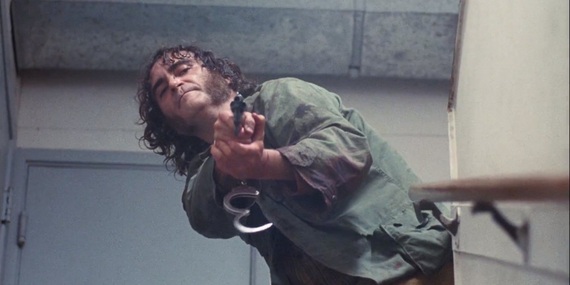 When burn out private eye Doc Sportello gets a visit from his ex out of nowhere telling a story about her current billionaire land developer boyfriend whom she happens to be in love with Doc doesn't know what to think. She tells Doc about a plot between the billionaire's wife and her boyfriend to throw the billionaire in the looney bin. As Doc begins to investigate, his ex herself goes up missing, leading him on a trail to discover what is going on. Paul Thomas Anderson's Inherent Vice is a part noir, part psychedelic frolic, that deconstructs the noir/detective story in a highly entertaining way. The narrative of Inherent Vice is purposely convoluted, with literally every character playing a part in this twisted tale. This film loves the absurd, intentionally attempting to confuse the audience as to what exactly is going on. The comparisons to The Big Lebowski certainly have merit but Inherent Vice is a much deeper film, capturing a time and place where the psychedelic 70s began to conflict with the stern, conservative arm of the law. The relationship between Doc and his ex perfectly encapsulates the time, with the lines beween love and lust being endlessly blurred by both characters. Joaquin Phoenix's burn out, hippie character is in constant conflict with Brolin's stern, hardass police officer character, with their dynamic showcasing the cultural clashes of the area. There is also a major undercurrent centered around abuse of power running through Inherent Vice, with cops taking advantage of civilians and rich taking advantage of the poor in a way that makes Inherent Vice thematically relevant today. Featuring a fantastic script, Inherent Vice is without question Paul Thomas Anderson's most playful film, having a very slapstick style sense of humor that showcases Joaquin Phoenix's impressive comedic timing. 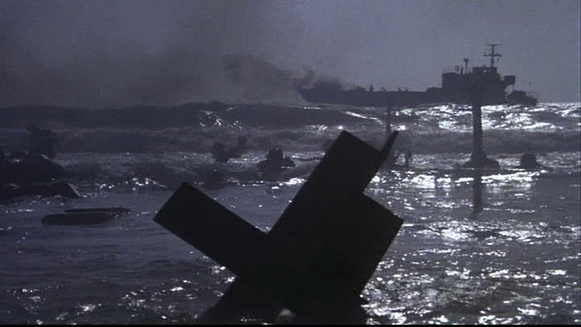 A war hardened US Sergeant who served in WW1 leads a rifle battalion into WW2 under the same division he previously served, The Big Red One. The film follows the battalion from North Africa to Sicily to Dday and beyond as we follow these men who manage to keep surviving when everyone else is dying. The Big Red One is rather unique in that it is totally from the perspective of a small battalion going through the war. The scope is quite small given what it's about. The film is narrated by one of the privates, who gives additional insight into the war from a grunts perspective. It's not plot-driven rather it's a totally character driven film about the grunts who are sent to war. It's never panders to the audience, I'm looking at you Saving Private Ryan, instead it just shows you the reality of it all. I really thought the casting was perfect. I mean, Lee Marvin! No one is more perfect to play the sergeant than him. Mark Hamill is also well cast as the pacifist private who butts heads with Lee Marvin's character throughout. The Big Red One isn't about the politics of war and it never tries to explain or justify it, rather this is a film about men who are just trying survive while doing their duty.  Michalis Konstantatos' Luton is the latest dark and thought-provoking film to come out of Greece following the trend of remarkable yet subversive films in contemporary Greek Cinema. The story is centered around a trio of protagonists, a lonely lawyer who seeks some form of emotional connection, a middle-aged shopkeeper whose grown tired of the dullness of his work and family, and a teenager who resents his estranged bourgeois parents. Shot in an incredibly cold, sterile style, Luton begins as a beautiful evocation of loneliness that concludes with a vile, explosive conclusion that leaves the audience searching for answers. I must admit I'm a sucker for contemporary Greek Cinema's static style, much like Haneke's work, which slowly transforms captures the brutality of loneliness. Very minimalistic in terms of dialgue, Luton gives nothing to the viewer easily, feeling almost like a silent film that forces the viewer to read between the lines. I particularly found the lawyer character's journey very poignant, a woman who is struggling to find emotional stimulation, looking for companionship in a society that offers very little. There is a scene halfway through the film in a restaurant that perfectly captures her plight, where we find her engaged with her on again of again lover, showcasing how she uses physical intimacy to fill the void in her life. The ending of the film is sure to be divisive among viewers, but I found it endlessly thought-provoking, with the filmmakers forcing the audience to form their own conclustions. Is this merely a disturbing statement of contempoary Greek culture or something more? As we see these three character lash out in violent ways I found myself pondering if they are symbolic of Greek's government taking advantage of the less forutnate, with all the victims being less-fortunate souls. The homeless man, the immigrant, and the hooker, are all violently attacked, while a seemingly middle class woman is only scared but left along by the trio of characters. Some may find this hypothesis a stretch, which it may be, but there is also something to be said about these lonely charaters lashing out in an aggressive way, almost as if they are doing so to merely feel alive for once in their cold, empty lives. Meticulously crafted, unflinching, and unquestionably obtuse, Michalis Konstantatos' Luton is an endlessly thought-provoking piece of cinema which forces the viewer to make their own conclusions. 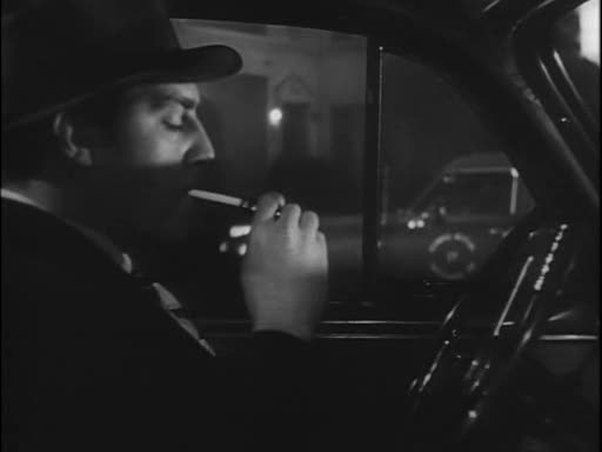 John Forbes, a successful insurance man, lives the seemingly perfect life with his beautiful wife Sue and model child Tommy. Despite all of this, Forbes finds himself unfulfilled with his life, yearning for some form of adventure. On his latest case, Forbes falls for his client Mona Stevens, who flits furiously with him, sparking an affair between them. Suffering from guilt, Forbes finds himself in a deadly game of blackmail from a seedy private eye MacDonald, who is out for revenge after being rejected by Mona himself. Andre De Toth's Pitfall is a unique and fascinating film about post-war domestic bliss, capturing the darker side of the American dream. Like man Noir's of the era, Pitfall is a film told primarily in flashback, with John attempting to explain his terrible mistakes to his wife Sue. De Toth seems to be one of the least talked about filmmakers of his era, and I'm not sure why, with Pitfall impressively directed film with a few highly memorable sequences. Forbes' life is one of structure and Andre de Toth dissects what happens when a man like this goes astray out of boredom. John gets a taste of adventure and can't stop, with one of Pittfall's other strong aspects being the escalation that ensues. At its core, Pitfall is a film that strips away the idea of right or wrong when it comes to morality, showcasing a good man who falls victim to his impulses.  Natalie and Carlos, two young adults, are in a passionate relationship, struggling to survive in modern Spain. Coming from poverty stricken families, they have limited resources, which prevent them from getting ahead. With nowhere else to turn, they decid to shoot an amateur porn video, earning more money in a day than either of them make in at least a week. When Natalie becomes pregnant, the couple finds their relationship tested as they struggle to provide for their family. Jaime Rosales' Beautiful Youth is a naturalistic look at modern life, capturing the strain that family responsibility and money can have on a relationship. A solid but unspectacular film, Beautiful Youth shows a character in Natalie, who is forced to grow up fast, responsible for not only herself but her new born baby girl. The narrative spans a few years with Jaime Rosales enlivening the narrative with simulated cellphone conversations, pictures, and sky conversations, that effectively and creatively express the passage of time. While Natalie is without question the main protagonist, Carlos' is a fascinating character, a man who is not ready to take on the responsibilities neccessary to support his new family. The film's best attribute is its ability to capture the hardship of a bad economy, showcasing how much money can dictate one's lives. With its empahetic but unspectacular narrative, Jaime Rosales' Beautiful Youth is a realistic portrayal of maturity and the responsibility neccessary to start a family. |
AuthorLove of all things cinema brought me here. Archives
June 2023
|



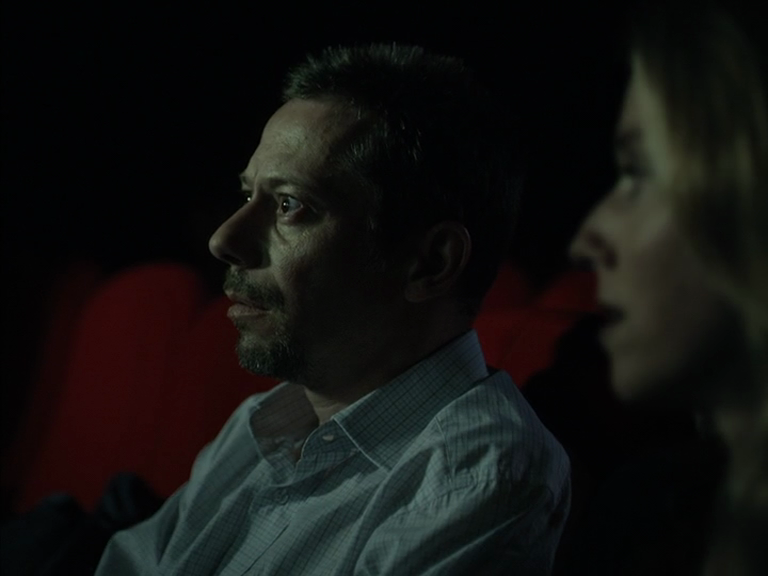

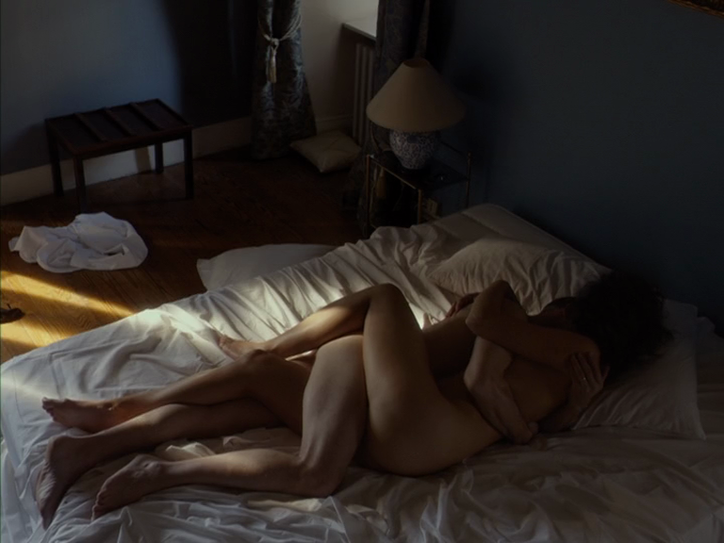
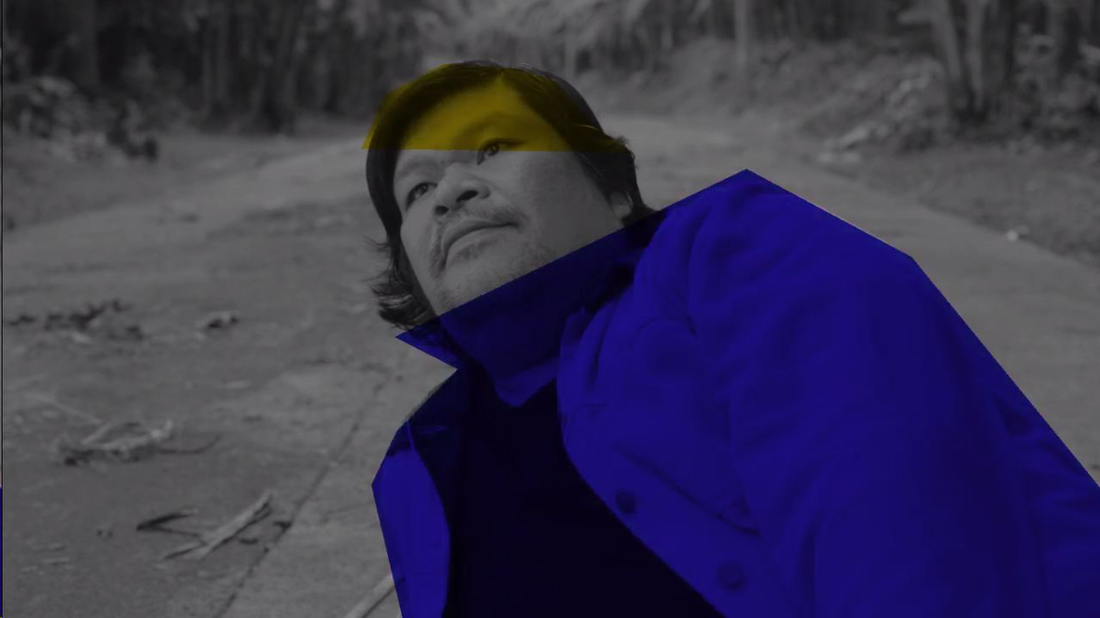
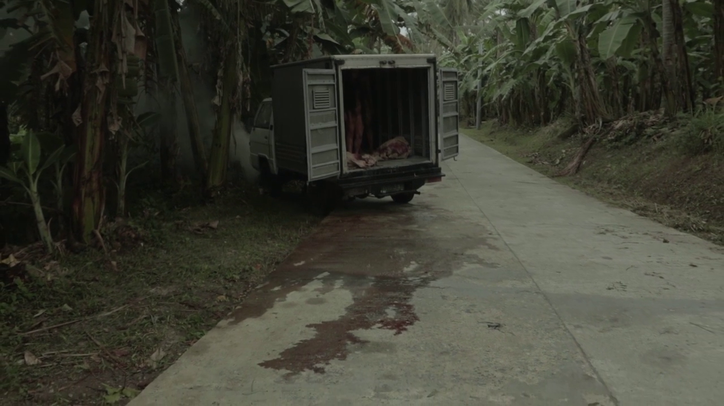
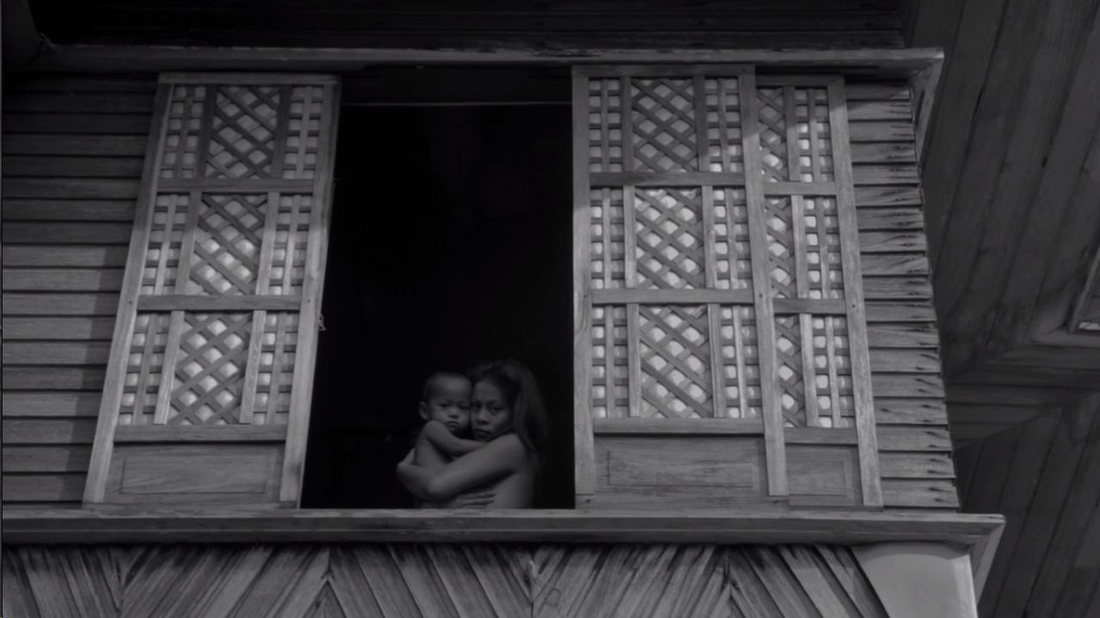
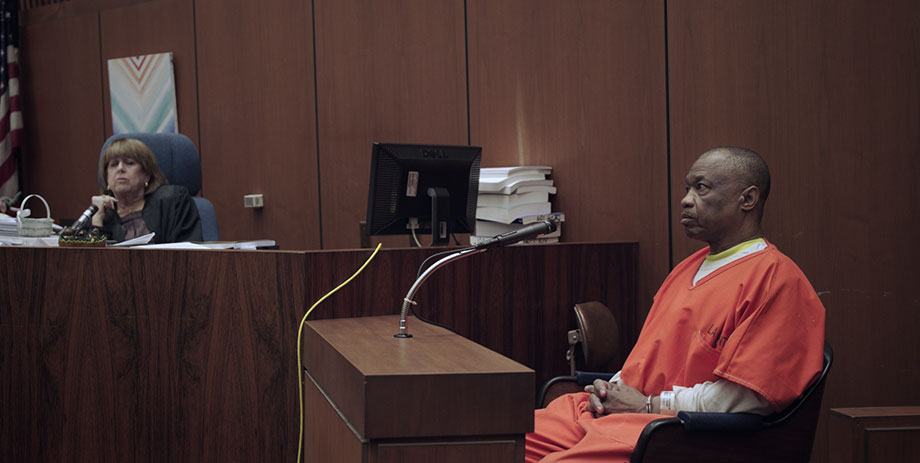





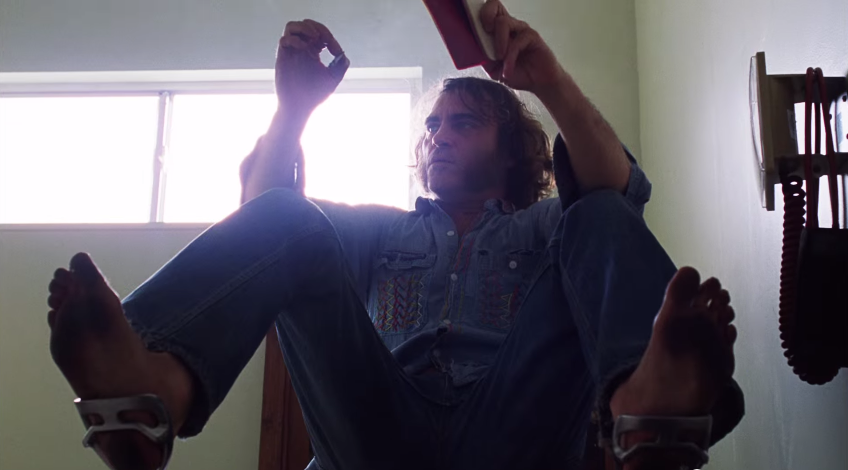
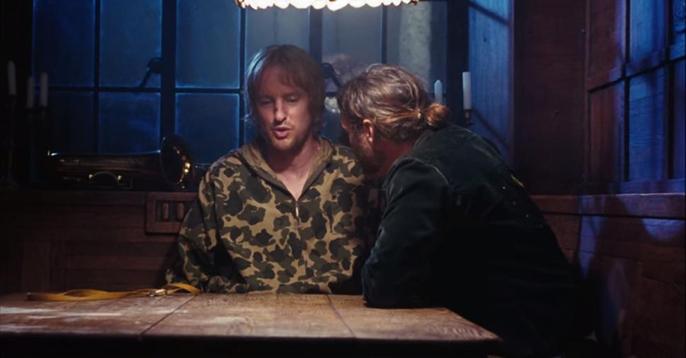
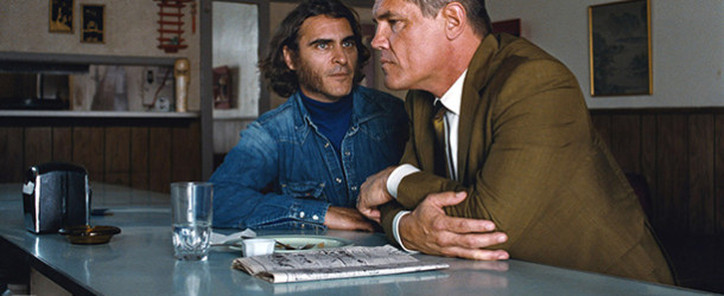
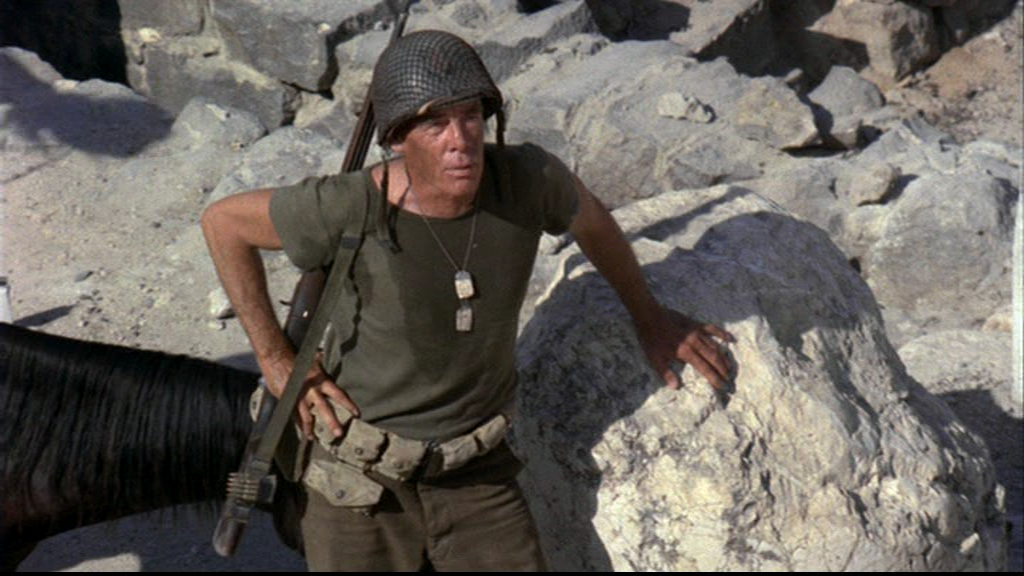
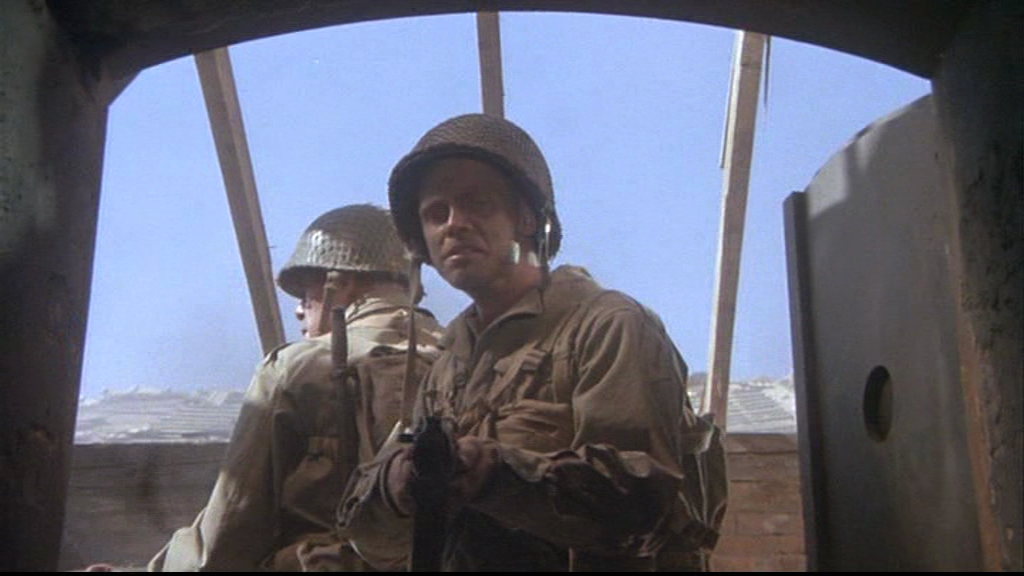
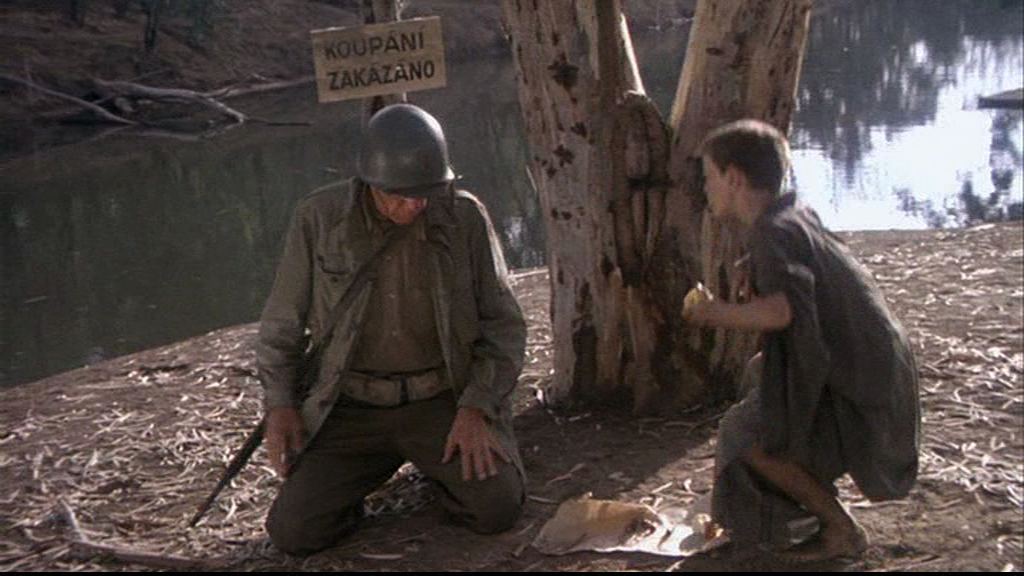
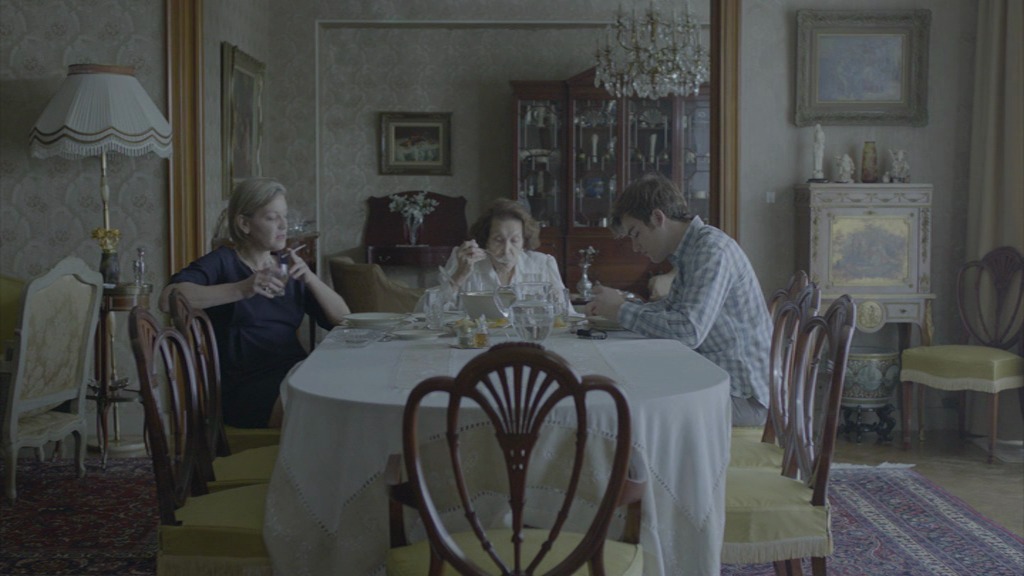

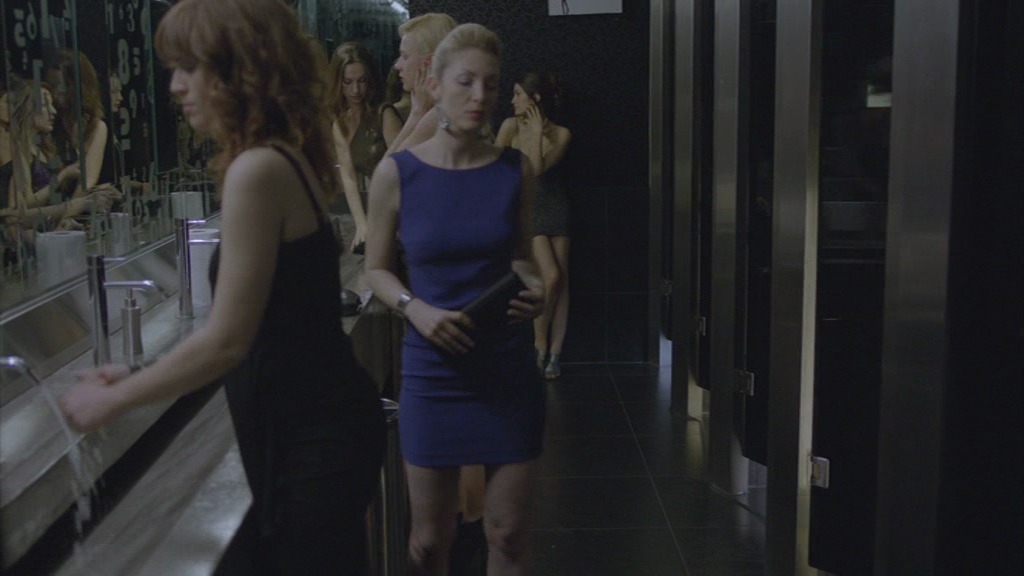

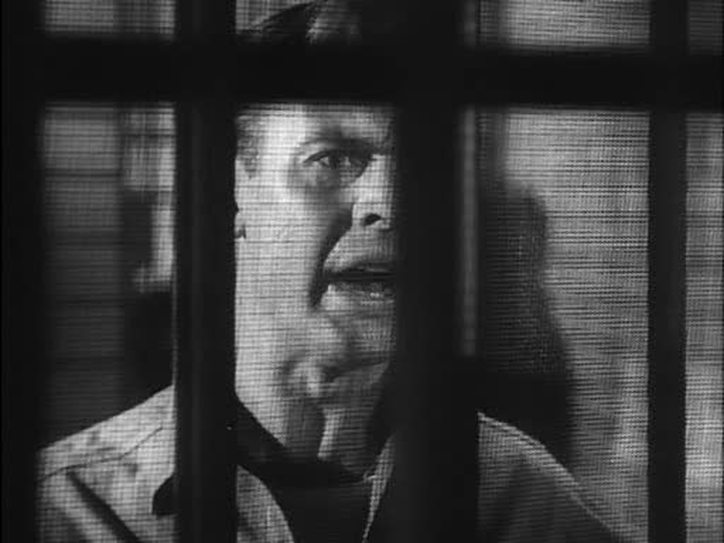
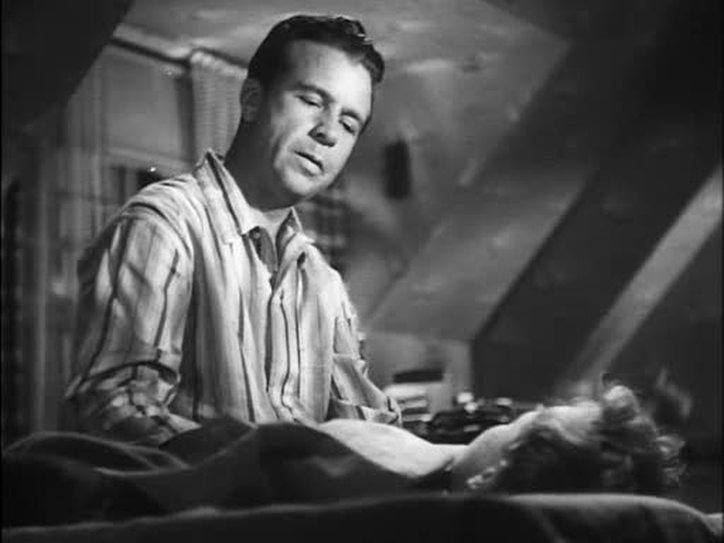
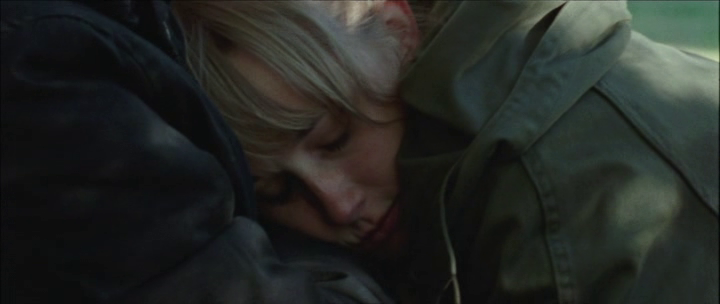
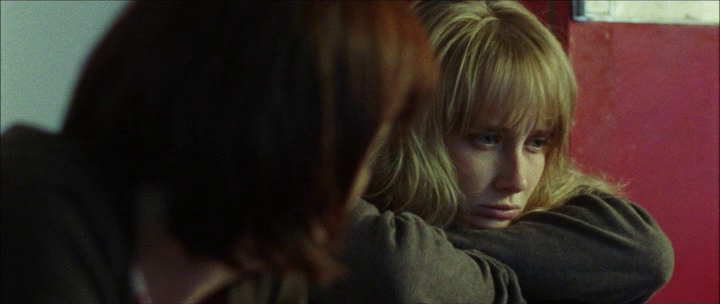
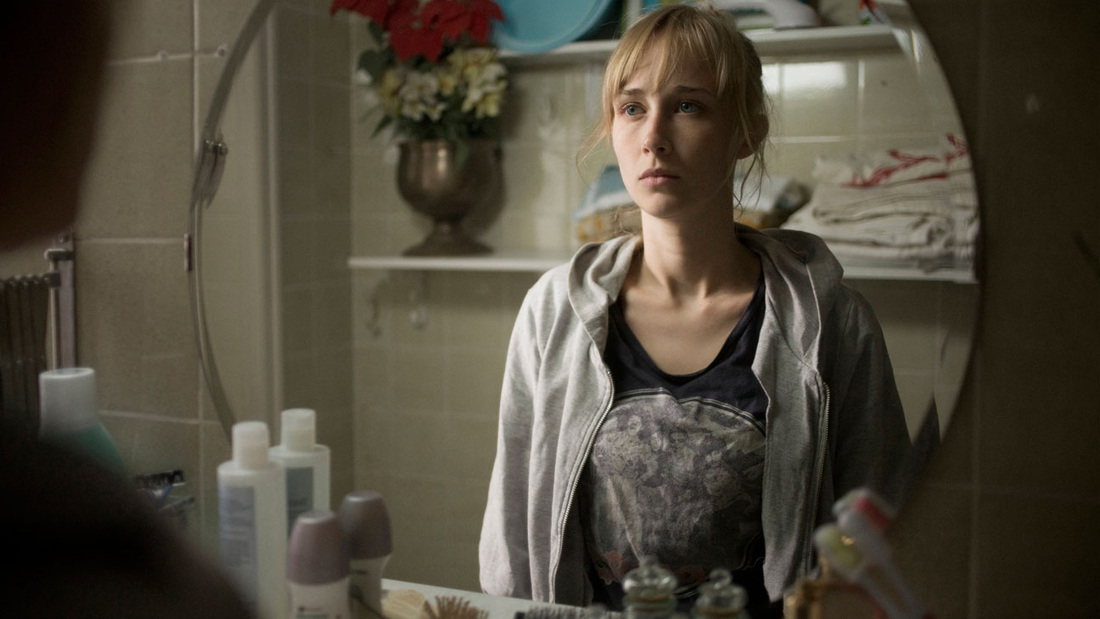
 RSS Feed
RSS Feed
